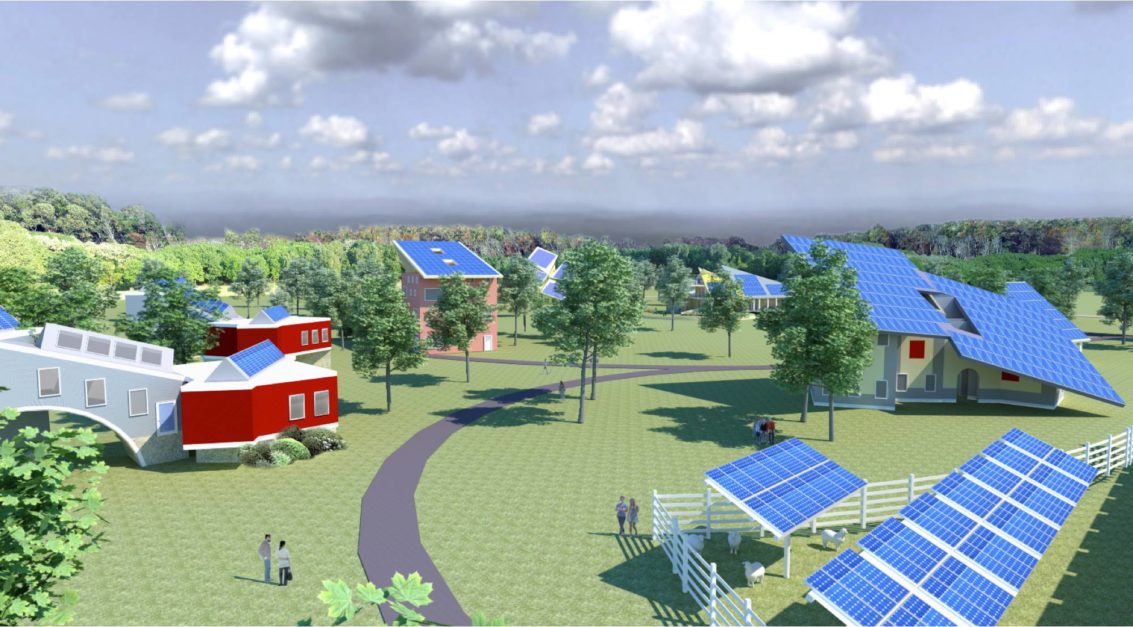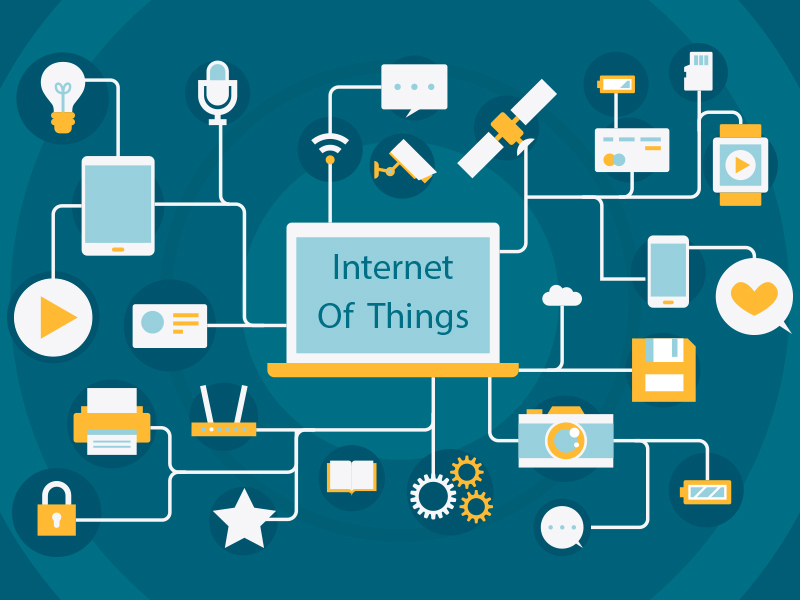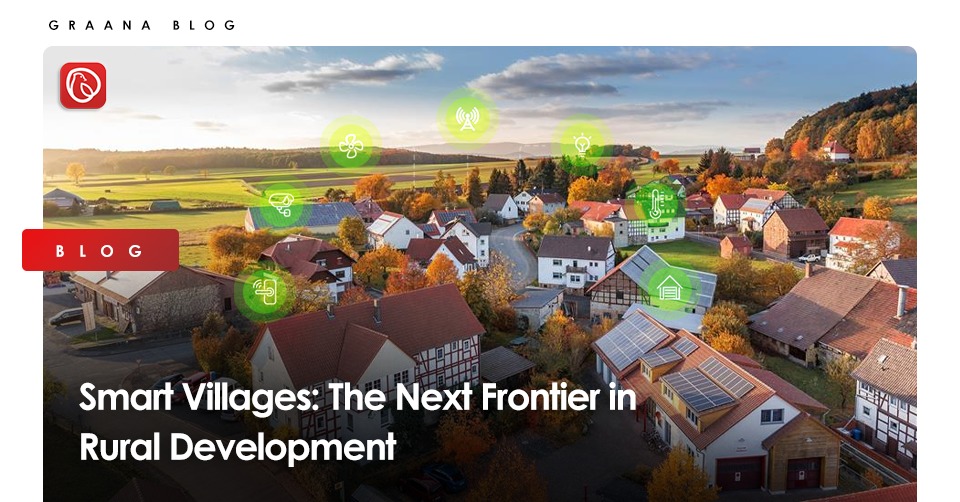Smart villages, the latest buzzword in sustainable development, are emerging as beacons of hope, promising to transform rural landscapes and uplift millions from poverty.
With the convergence of technology, innovation, and community participation, these villages are paving the way for a future that is green, inclusive, and equitable.
Smart villages are a manifestation of the global commitment to sustainable development, and they hold immense promise for rural areas that traditional development approaches have long neglected.
According to the United Nations World Social Report 2021 titled “Reconsidering Rural Development”, 43% of the world’s population lives in rural areas.
This population is dependent on agriculture, natural resources, and local markets and has been plagued by poverty, isolation, and lack of access to basic services such as health care, education, and sanitation.
This is where “smart villages” come in. They leverage technology and innovation to create a sustainable and resilient ecosystem that promotes economic growth, social well-being, and environmental protection.
What are smart villages?
Dr John Holmes launched the Smart Villages Initiative. He noted that over one billion individuals lack access to electricity, while almost three billion still rely on ineffective biomass-fueled stoves for their cooking and heating requirements.

This concept was this adopted by The United Nations through the Sustainable Energy for All (SE4All) program which acknowledges the absence of energy access as a major concern and has established the aim of attaining universal electricity access by 2030.
This goal has been included as the 7th objective of the United Nations’ 17 Sustainable Development Goals (SDGs).
According to the European Network for Rural Development (ENRD), “Smart Villages are communities in rural areas that use innovative solutions to improve their resilience, building on local strengths and opportunities.
They rely on a participatory approach to develop and implement their strategy to improve their economic, social and/ or environmental conditions, in particular by mobilizing solutions offered by digital technologies”
Smart Village in Pakistan
The Federal Minister for Information Technology and Telecommunication (MoITT), Syed Amin Ul Haque recently inaugurated Asia Pacific’s first smart village titled ‘Gokina Smart Village Project’.
The smart village project will address critical areas such as education, healthcare, financial services, and digital services. It aims to revolutionize the way rural areas are developed through the use of innovative technologies.
Exploring the multifarious benefits of smart villages
There is no denying that the concept of smart villages brings with it a huge potential for rural development and the uplift of the poor.
Graana.com discusses ways in which smart villages can lead to rural development.
Access to Basic Services
The provision of safe drinking water, healthcare facilities, and education is a fundamental right of every citizen, but for many rural Pakistanis, these necessities remain out of reach.
According to statistics, 21.7 million people worldwide lack access to safe drinking water in Pakistan while 69 million people don’t have a decent toilet.
Moreover, as per the UNICEF report, an estimated 22.8 million children aged 5-16 are out-of-school.
Through the introduction of the smart village campaign, these basic necessities of life will be provided which will significantly improve the quality of living standards for the rural populace. This will also ensure that they are provided with an opportunity to thrive in the economy.
Enhanced Agricultural Productivity
Agriculture stands as a cornerstone of Pakistan’s economy, acting as the backbone of its progress.
According to the Pakistan Bureau of Statistics, agriculture contributes about 24% to Gross Domestic Product (GDP) and employs almost 50% of the workforce,
Nevertheless, the agricultural productivity of Pakistan confronts a myriad of impediments, from the arduous effects of climate change to the scantiness of water and the lack of modern farming techniques.
The smart village concept can play a significant role in improving agricultural productivity in Pakistan by leveraging technology to address these challenges.

Smart villages are at the forefront of revolutionizing the agricultural sector by bringing forth a plethora of precision farming techniques that are a cut above the rest.
These ingenious farming techniques, including sensor-based irrigation and GPS-guided tractors, can go a long way in streamlining farming operations, leaving no stone unturned in improving farming efficiency.
Such technologies allow farmers to take a much-needed breather as they reduce water usage while simultaneously optimizing crop yields, leading to higher productivity and profitability.
Furthermore, smart villages aren’t just limited to introducing technology; they play a vital role in promoting the use of modern farming practices, providing farmers with access to crucial information and training on best practices in agriculture.
By adopting these novel techniques, farmers in smart villages can reap the rewards of progress, ploughing their way towards a more sustainable and prosperous future
Access to Markets through the Internet of Things (IoT)
Smart villages can become the engine of change, providing small-scale farmers with a platform to showcase their products and access local and international markets.
This transformational approach through the use of the Internet of Things (IoT) can enable farmers to unlock their full potential, increase their incomes and improve their standard of living.

Moreover, smart villages can act as catalysts for entrepreneurship by training and supporting farmers to start their own businesses. By creating new enterprises, smart villages can promote job creation, which can lead to a wave of economic growth in rural areas.
Improved Environmental Sustainability
According to the Global Climate Risk Index 2021, Pakistan ranked eighth in the world in terms of countries most affected by extreme weather events.
These events, such as floods, droughts, and heat waves, have devastating effects on communities, particularly those in rural areas. As a result, Pakistan lost 0.52% per unit of its GDP due to climate change.

Smart villages can help mitigate these effects by implementing sustainable practices such as renewable energy, water conservation, and organic farming.
For example, solar panels can provide rural communities with access to electricity, which can help reduce their reliance on fossil fuels and improve their energy security.
Conclusion
In conclusion, smart villages are a promising solution for rural development in Pakistan, offering a holistic and sustainable approach to transforming rural landscapes. By embracing innovation and collaboration, smart villages can create a future that is equitable, prosperous, and resilient.




